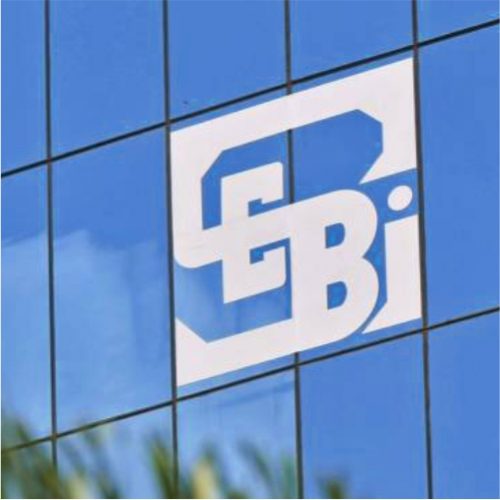New Delhi [India], July 25 (ANI): SEBI Chairperson Madhabi Puri Buch on Monday said the financial markets regulator is working on a mechanism for instant settlements of transactions on the stock exchanges.
“Certainly one of the things that we think is not very far off is even instantaneous settlements on the stock exchange,” Buch said in a press conference.
“We are working on that, we are engaged with the ecosystem and we believe that in the not very far future we will have a mechanism which will facilitate instantaneous settlement of transactions on the stock exchanges. That’s where we are headed,” she added.
In late January this year, India started following a market-wide Transaction+1 (T+1) settlement system for equities. Earlier, it was a T+2 cycle. The new T+1 system was first introduced by the market regulator, the Securities and Exchange Board of India (Sebi), in 2021 and has been implemented phase wise starting from the smallest companies by market capitalisation to larger ones.
The T+1 system means that the transactions must be done within a day, or 24 hours, of the completion of a transaction.
For example, under T+1, if an investor bought shares on Monday, the money would be credited to the customer’s demat account on Tuesday.
The instantaneous settlement, once it is implemented, will put money into the hands of the investors on a real-time basis.
Separately, the financial market regulator SEBI’s Board last month approved the proposal for reducing the time period for listing of shares of a company through an Initial Public Offering (IPO) from the existing 6 days to 3 days, from the date of issue closure.
The revised timeline will be made applicable in two phases — voluntary for all public issues opening on or after September 01, 2023, and mandatory on or after December 01, 2023, SEBI had said. SEBI said the decision to halve the days follows extensive consultation with all stakeholders
Extensive stress testing has been done to confirm that the transition to T+3 would be smooth.
The reduction in listing timeline is expected to benefit as issuers would receive their funds and allottees would receive their securities in a shorter time period.
Also, the subscribers who were not allotted shares would receive their moneys back quickly, and the resources of all stakeholders — like stock exchanges, banks, depositories, brokers in the public issue process — will remain deployed in the market for a shorter period. (ANI)












